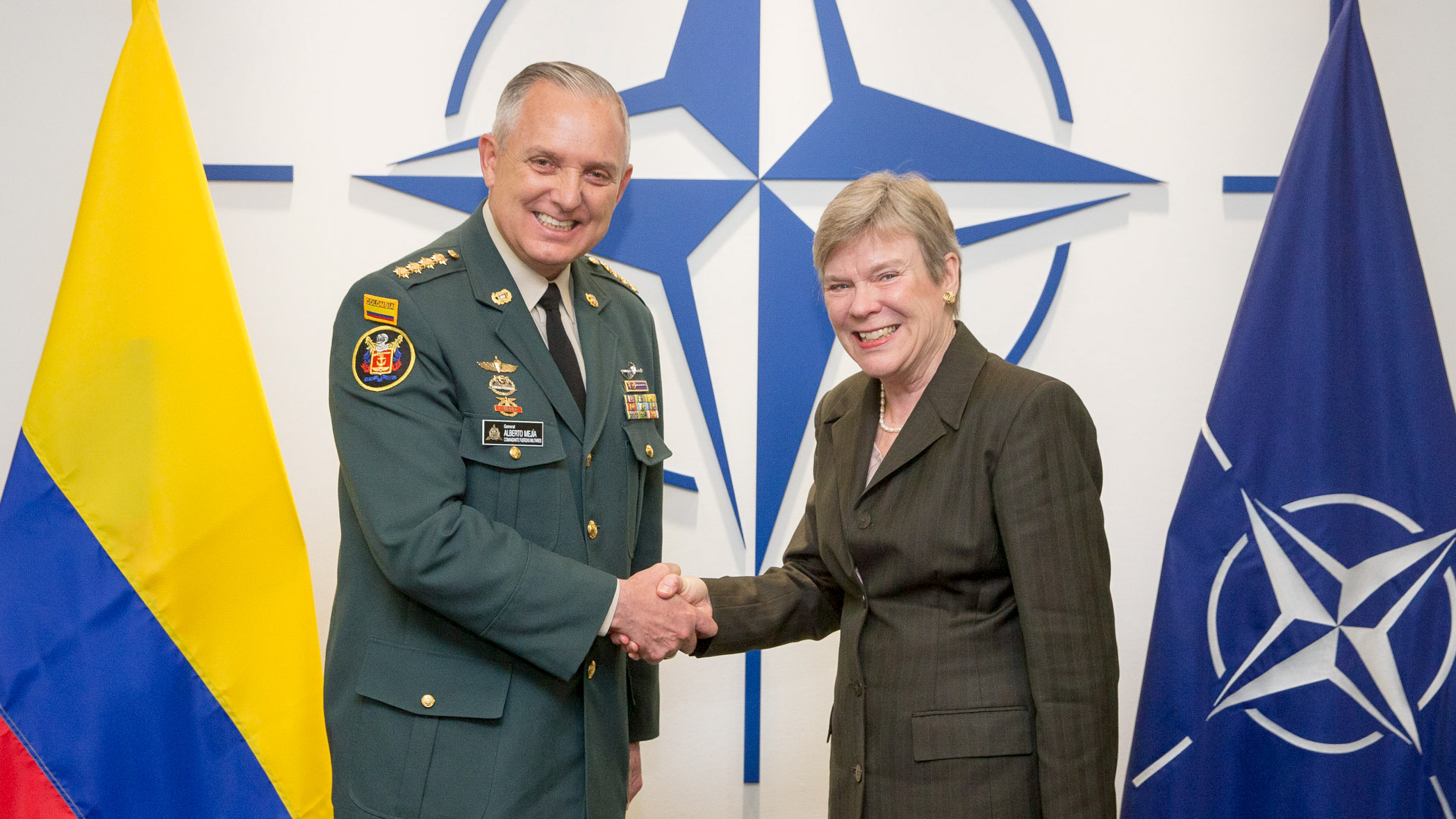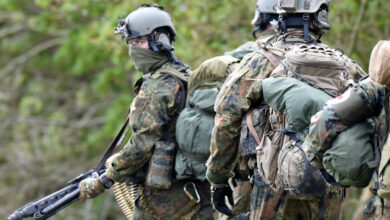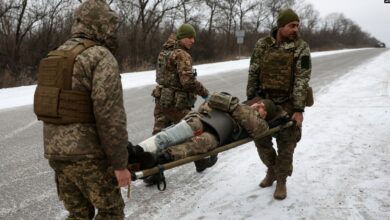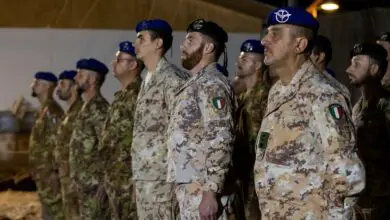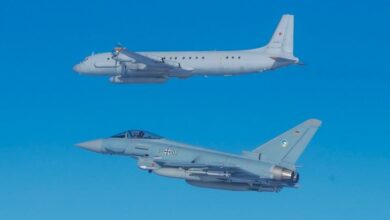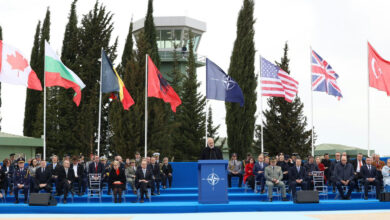Colombia isn’t joining NATO. Or rather Colombia is already part of NATO, and President Juan Manuel Santos’s remark this week that the two are entering a partnership isn’t really news.
On Friday, Santos said: “We will formalize in Brussels next week – and this is very important – the entry of Colombia into NATO in the category of global partner, we will be the only country in Latin America with this privilege.”
News agencies like Reuters reported that NATO would will “formally join the North Atlantic Treaty Organization, making it the only Latin American nation in the alliance.” AFP said: “Colombia will next week formally become NATO’s first Latin American ‘global partner.'”
The Telegraph linked the announcement to Colombia’s presidential election whose front-runner criticized the peace process with FARC, for which Santos won the Nobel Peace Prize.
Perhaps less cautiously, Venezuela’s TeleSur reported this as “Santos announces that Colombia will join NATO: For the first time in history, a Latin American country will be part of the North Atlantic Treaty Organization.”
The move was called into question as Colombia isn’t exactly in the North Atlantic, and NATO’s expansion in recent years has raised eyebrows among those who see imperialism lurking around every corner.
But Colombia is already a NATO partner, a fact that is clearly laid out on the NATO website:

Most importantly: “In December 2016, discussions started on developing an Individual Partnership and Cooperation Programme to set out priority areas for dialogue and cooperation, and concluded successfully on 18 May 2017.”
A NATO official told The Defense Post that Santos’s announcement and his upcoming trip to Brussels is just a finalization of the existing partnership.
“NATO and Colombia agreed an Individual Partnership and Cooperation Programme in May 2017, officially making Colombia a partner country. President Santos’ visit to NATO headquarters next week will formalise this partnership agreement at the highest level,” the official said.
“Please note this is not about membership in NATO, but about partnership. Colombia was not a NATO partner in 2013, but both sides agreed to develop cooperation in areas of common interest in March 2013.”
Colombia is changing after surviving decades of violent conflict. Since finalizing a peace deal with FARC in 2016, Santos has taken steps to expand Colombia’s international footprint (it’s a perk of stability, and one he probably sees as good for the economy and his political allies) as he tries to make a similar accord work with the remaining rebel force, the ELN. This week Colombia also was approved to join the Organization for Economic Cooperation and Development, which Santos noted “improves the image of Colombia and allows us to have much more play on the international stage.”
The partnership is good for NATO as well, giving the alliance a presence in Latin America.
But NATO’s agreement with Colombia, albeit one tailored to both sides’ needs and goals for the partnership, isn’t unique. Colombia is joining Afghanistan, Australia, Iraq, Japan, Mongolia, New Zealand, Pakistan and South Korea, who have similar arrangements.
As to Santos’s assertion that Colombia won’t be expected to participate in military action, the NATO official said: “There is no requirement for partners to contribute to NATO operations or missions. Global partners can choose the areas that they wish to enagage with NATO, in a spirit of mutual benefit.”
“Our cooperation is focused on areas of mutual interest, such as maritime security, and we fully respect Colombia’s independence and foreign policy autonomy. NATO works with more than 40 partner countries around the world on this basis. “

